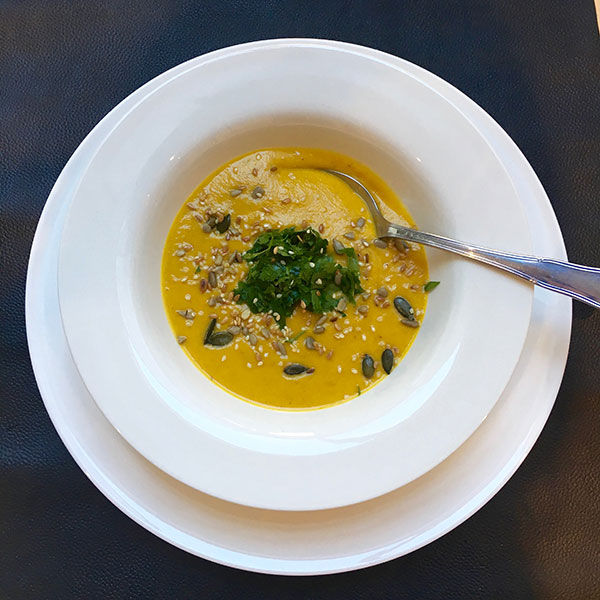
Coconut seems to be everywhere these days: from healthy recipes to ready-to-eat foods but research is not conclusive yet on its health benefits.
The amount of fat we consume matters as it contains twice as many calories as proteins or carbohydrates but the type of fat is as important too. The health benefits of mono-saturated fats in olive oil or avocados have been well researched as have the amazing omega-3 fats in oily fish, chia and flax seeds. But is coconut oil as good as we think? Let’s have a look….
Coconut fat can be found in coconut milk, cream, yogurt, butter and oil, as well as in fresh and dried coconut. In rady-to eat foods we find it in curries, asian dishes, baked goods icecreams, etc
Coconut fat has been attributed antibacterial, antiviral and antifungal properties. It has also been reported that coconut can help control blood sugar levels and type 2 diabetes and even help cure cancer, AIDS and improve brain function in Alzheimer’s patients. However, scientific evidence on the benefits of coconut oil in these conditions is quite limited.
Coconut and coconut products contain mostly saturated fats, which are often associated with cardiovascular disease. But some scientific studies have linked diets high in coconut oil with lower levels of total cholesterol, LDL cholesterol (bad for cardiovascular health) and triglycerides that diets high in butter and hydrogenated oils. Other studies have found levels of good cholesterol (HDL) higher in diets rich in coconut oil than diets high in palm oil or beef.
This may be because coconut oil is high in medium chain fatty acids that our liver quickly metabolises into energy without increasing to cholesterol synthesis. Existing studies show a strong association but are not fully conclusive about the effect of medium chain fats in our cholesterol levels, so for the moment it is best to consume this oil in moderate amounts.
The use of coconut oil has also been linked to weight loss although as in previous cases, we lack strong scientific evidence. Research, however, indicates a possible association between a small waist circumference and coconut oil supplementation.
As always, the less processed the better. So, stay well away from any coconut oil that has been hydrogenated as hydrogenation destroys healthy fats and leads to trans-fats that have been linked to higher LDL (bad cholesterol) a even certain cancers.
Look for virgin coconut oil obtained through a process known as “wet” in which temperatures have been controlled to preserve the polyphenols that certain scientific studies have identified as antioxidants and anti-inflammatories. The production process of coconut oil using high temperatures, known as “dry”, can damage these compounds, decreasing the potential anti-oxidant properties of coconut oil.
Coconut oil reaches its smoke point, i.e. when oxidized and produces substances harmful to health, at 177˚C. Although widely used in Asian cooking, be careful not to use it at very high temperatures especially for frying or roasting in the oven at 180˚C or obove.
Raw coconut oil, i.e. added to smoothies or in energy bars, contains the fats that may benefit our cholesterol levels and phyto-chemicals that out body can use as antioxidants.
So, is coconut oil good or bad?
It is OK to replace some of the saturated fat in our diet with coconut products. Here are some ideas and recipes:
However, I still believe that our diets should be rich in monounsaturated fats in olive oil or avocado and polyunsaturated fats in oily fish, flax and chia seeds, which have been associated by research studies much more conclusively with low levels of LDL cholesterol, high HDL cholesterol levels and decreased risk of cardiovascular disease.
Coconut is a good substitute for butter in cakes and cookies as long as you bake at a temperature below 180˚C which incidentally could also preserve nutrients in other ingredients.
However, I would not stop using refined olive oil or rapeseed oil in cooking as they have a very high smoke point or extra virgin olive oil in salads.
Also keep in mind that coconut oil is high in calories like any fat so if you decide to include it in your diet, make sure you decre